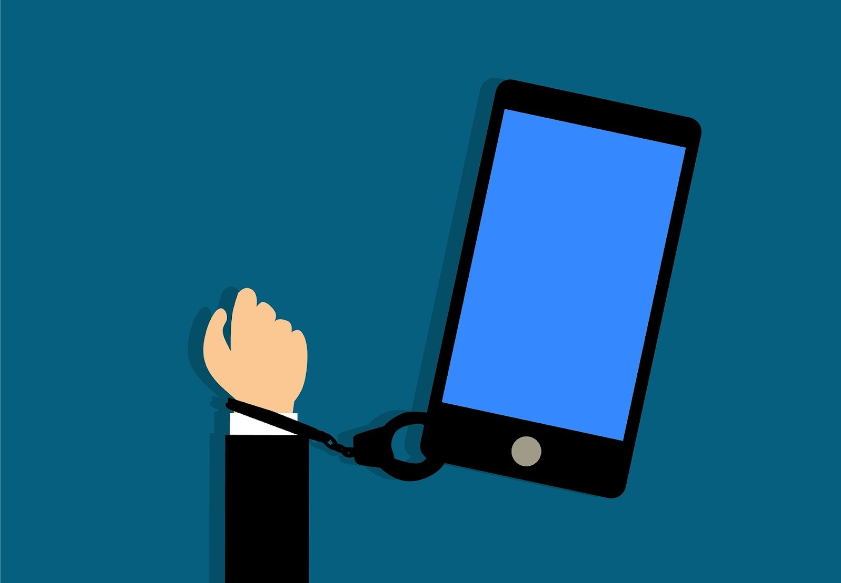Stop scrolling - social media affecting your mental health?
How often has your 10-minute study break on campus turned into hours of endless scrolling on TikTok and Instagram?
Social media continues to successfully grab students' attention with countless Stranger Things memes and addictive TikTok videos.
While it has its benefits, the consequences of these apps have had a drastically negative impact on students' mental health.
Research shows that excessive engagement with social media has led to psychological stress and high-functioning anxiety in young adults.
A New Zealand study in 2019 discovered that young adults spent roughly three to four hours a day on social media. Leading platforms such as SnapChat, Instagram, Facebook and YouTube were found to be positive experiences for those adolescents.
A few participants discussed the lack of support and connection online, which led to feelings of isolation and mental health issues.
Access to social media has also coincided with the increased pressure young people feel to produce and maintain acceptable identities.
Young adults reported feeling worse after spending too much screen time on social media every day.
The overuse of these apps led to unhealthy comparisons and a detachment from building real-world connections.
Tertiary student Madi Chan discussed her experience with balancing social media alongside her studies.
"It definitely can be a negative but it's not, like, definitively bad," she said.
"How it's used determines how useful it can be for students. Having a general self-awareness is important to know when to stop."
Research has proven that individuals can monitor and improve their mental health accordingly by reducing their social media intake.
Taking frequent breaks by setting time limits on social media apps is a great place to begin taking action.
Students can also utilize features such as "Do Not Disturb" and "Focus" on iPhones, allowing them to learn without distractions for more extended periods of time.
While there are several actions to reduce social media consumption, reversing the psychological effects in young adults isn't as easy as turning on a feature.
Massey University offers mental health support and counselling services for students to access, most of which are free. Depending on the circumstances, these sessions can be carried out through zoom, one-on-one, or group sessions.
Breaking a habit isn't easy, but excessive social media consumption does not have to be as overwhelming with the right resources and support.
Massey Counselling
Youthline
Call: 0800 37 66 33
Text: 234
Suicide Crisis Helpline
0508 828 865 (0508 TAUTOKO)
Healthline:
0800 611 116

